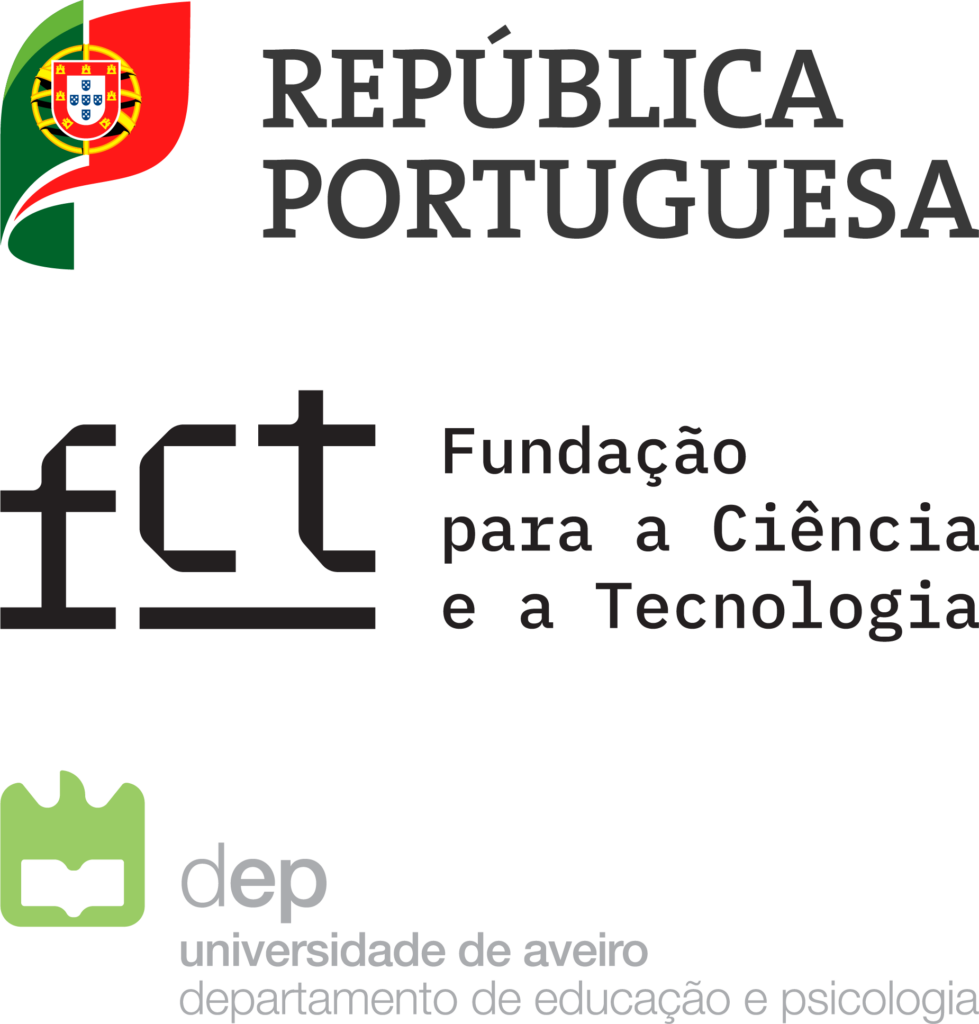 Foi divulgada a lista das novas ações COST aprovadas pelo Comité avaliador.
Foi divulgada a lista das novas ações COST aprovadas pelo Comité avaliador.
A EuroScitizen – Building on scientific literacy in evolution towards scientifically responsible Europeans é uma das 39 ações aprovadas e contará com a participação da Universidade de Aveiro por intermédio de Xana Sá Pinto, investigadora de pós-doutoramento do CIDTFF e uma das principais responsáveis pela elaboração da proposta. A ação, que surgiu no âmbito da rede EvoKE – Evolutionary Knowledge for Everyone, tem como principal objetivo a promoção de literacia científica no domínio da biologia evolutiva, num vasto número de países europeus (ver resumo no final da notícia).
A lista das 39 ações aprovadas, incluindo resumo, área(s) científica(s) e países envolvidos, está disponível aqui.
Os investigadores interessados em integrar uma ou mais ações aprovadas deverão submeter a sua manifestação de interesse para integrar o Comité de Gestão das Ações até 17 de Maio de 2018.
O COST – European Cooperation in Science and Tecnology é um programa europeu que financia atividades de colaboração transnacional num sistema de redes de investigadores com livre acesso e bottom-up, em todos os domínios científicos e tecnológicos.
EuroScitizen – BUILDING ON SCIENTIFIC LITERACY IN EVOLUTION TOWARDS SCIENTIFICALLY RESPONSIBLE EUROPEANS
SUMMARY
As citizens, we are confronted with a deluge of information and misinformation from the internet and the mass media. Scientific literacy, i.e. the ability to critically evaluate, apply and understand scientific knowledge and how it is produced, is therefore vital for responsible citizenship. It is a prerequisite for generating a knowledge-based society and for allowing citizens to make informed decisions. One of the most important fields of science is evolution, the foundation of modern biology. Evolutionary biology has great societal relevance and its findings have far-reaching implications for how we respond to climate change, drug resistance, issues of food security and controversies in modern medicine. However, it is frequently misunderstood or even rejected outright. This makes scientific literacy in evolution an ideal model to research approaches to improve the state of European scientific literacy. This Action will, for the first time, leverage the strengths of diverse stakeholders (evolutionary biologists, education researchers, educators, museum professionals and the media) to generate and analyse approaches used to improve public scientific literacy. Bridging differences in culture and education systems including participants from a wide range of countries and backgrounds is a source of innovation in itself. The expected result is to identify targeted strategies to raise levels of scientific literacy in Europe, thereby maximising Europe’s innovation potential. The Action will contribute to a culture of responsible, research and innovation (RRI) and will result in a more scientifically literate European citizenship, instrumental to implementing Europe 2020’s smart, sustainable and inclusive goals.




